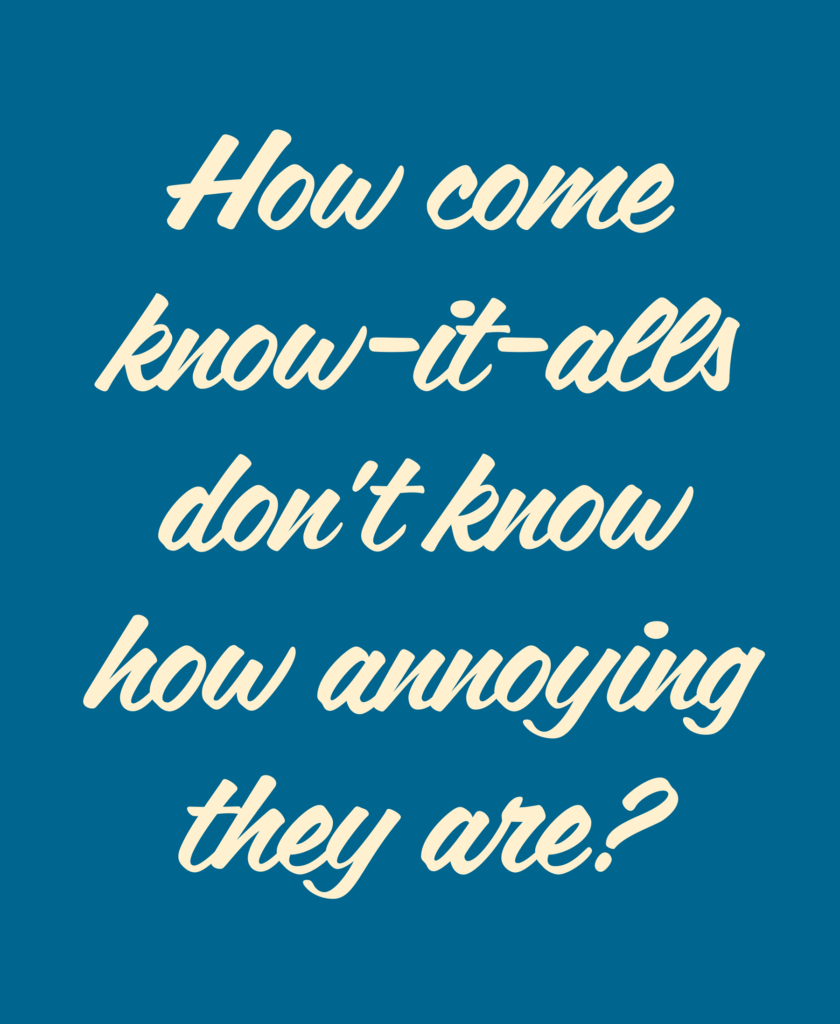Explainers simplify complex topics so you can feel like the smartest person in the room—but do they go deep enough?

We’ve all encountered that one person at a dinner party—the know-it-all. They haven’t just read the news; they seem to know everything there is to know and will nearly bring the conversation to a halt, to catch every guest up to speed. To their credit—they are informed. But did they read the news as it happened–or did they recently have their hand held by a conveniently timed summary?
In 1985, the Pulitzer Prize committee made a curious decision. Amid its annual celebration of investigative triumphs and literary brilliance, it introduced a new category: explanatory journalism. The committee officially recognized news articles that broke down complex topics, guiding readers step by step through the intricacies of important news stories—but do they go deep enough? Let me explain why they don’t.
Why Did They Start?
According to the Brookings Institution, explainers were created to help voters understand what politicians are actually saying and to keep them engaged in the democratic process. Editors quickly realized people have the attention span of a goldfish and that explainers could also be used to add clarity to major events and or emerging phenomena like political scandals, climate change, or even new technologies.
Why Would an Editor Suggest an Explainer?
Editors value explainers because they serve as tools for providing much-needed context during high-stakes moments—whether it’s the latest global trade policy shifts, the intricacies of a new Supreme Court decision, or an economic crisis. Explainers take a complicated subject and distill it into manageable bits, skipping the “Who, What, When, and Where,” and diving into the “How and Why,” making sure that no one feels lost.
Who Writes an Explainer?
Journalists, of course. However, the expectations placed on these sweaty, underpaid individuals are immense. The writer of an explainer likely knows as much about the topic as the reader. Yet they’re charged with breaking it down like experts–balancing simplicity with nuance, providing just enough information to make the topic accessible but not oversimplifying it to the point of losing accuracy.
Who Are Explainers Really For?
As with all journalism, the goal behind explainers is to take dense, technical subjects and make readers feel smart. While explainers can sometimes feel like journalism with training wheels, they provide necessary context and help people catch up. Sure, they occasionally let readers appear informed without much effort—like those who skim headlines before loudly sharing them as opinions.
And now, thanks to this explainer, you know everything you need to know about explainers. No further explanation needed.
About the author
Sandra is in her fourth year of her Bachelor of Journalism at TMU, along with a minor in English. She contributed infographics to HerCampus local TMU coverage. She hopes to work in the Sports Journalism field after graduating. Outside of reporting, Sandra can be found gaming on Twitch.

